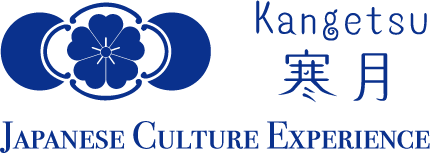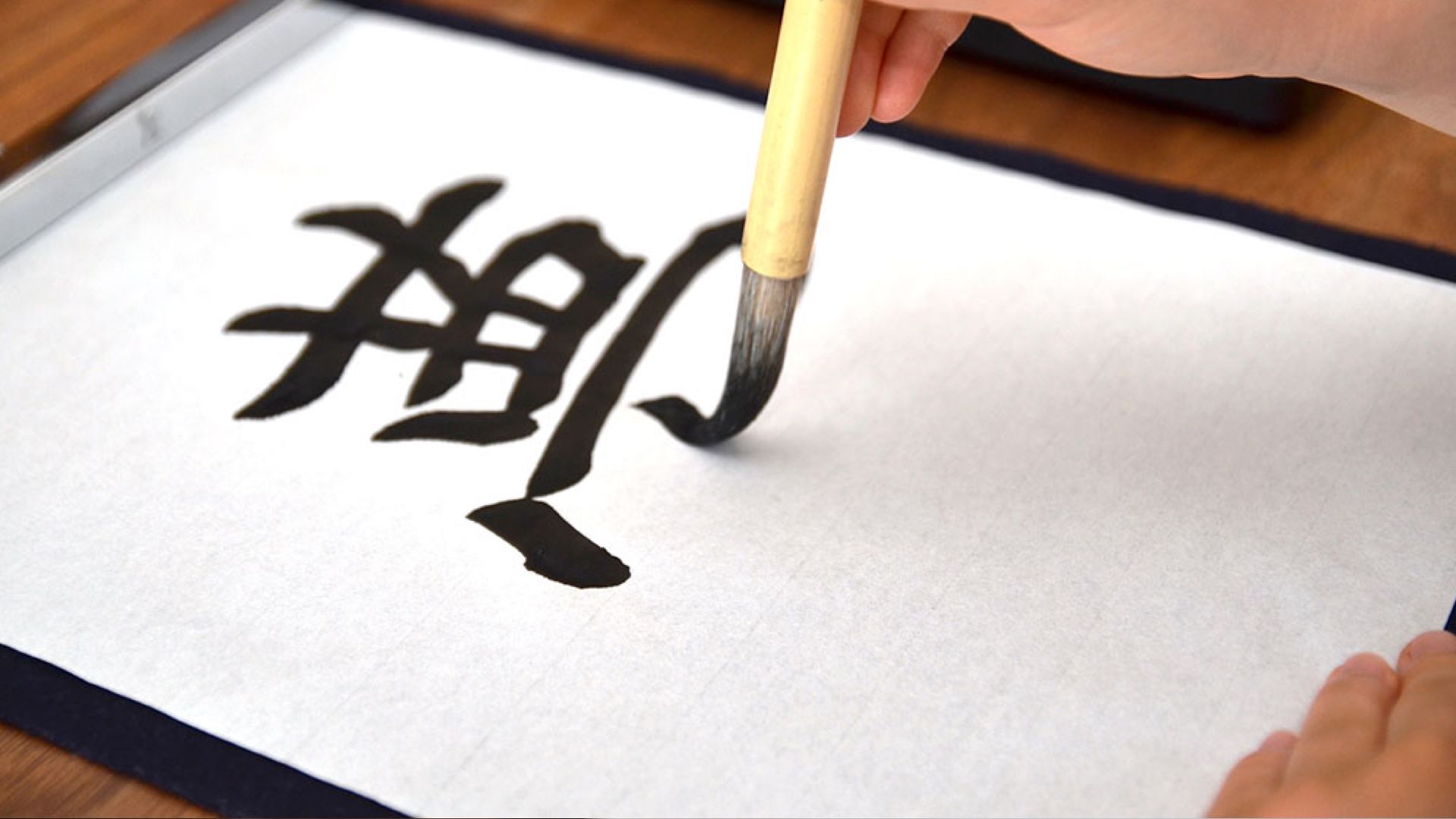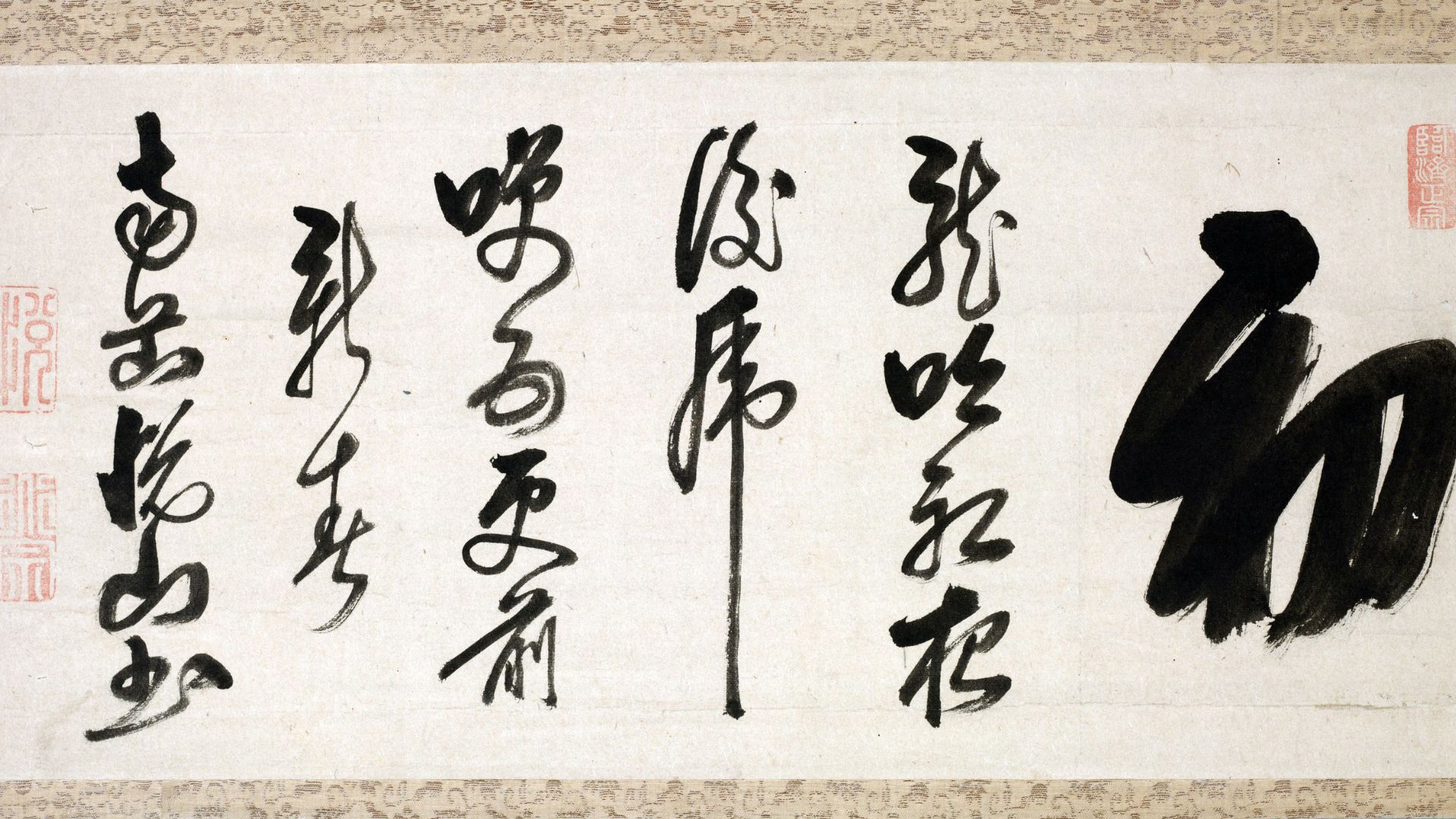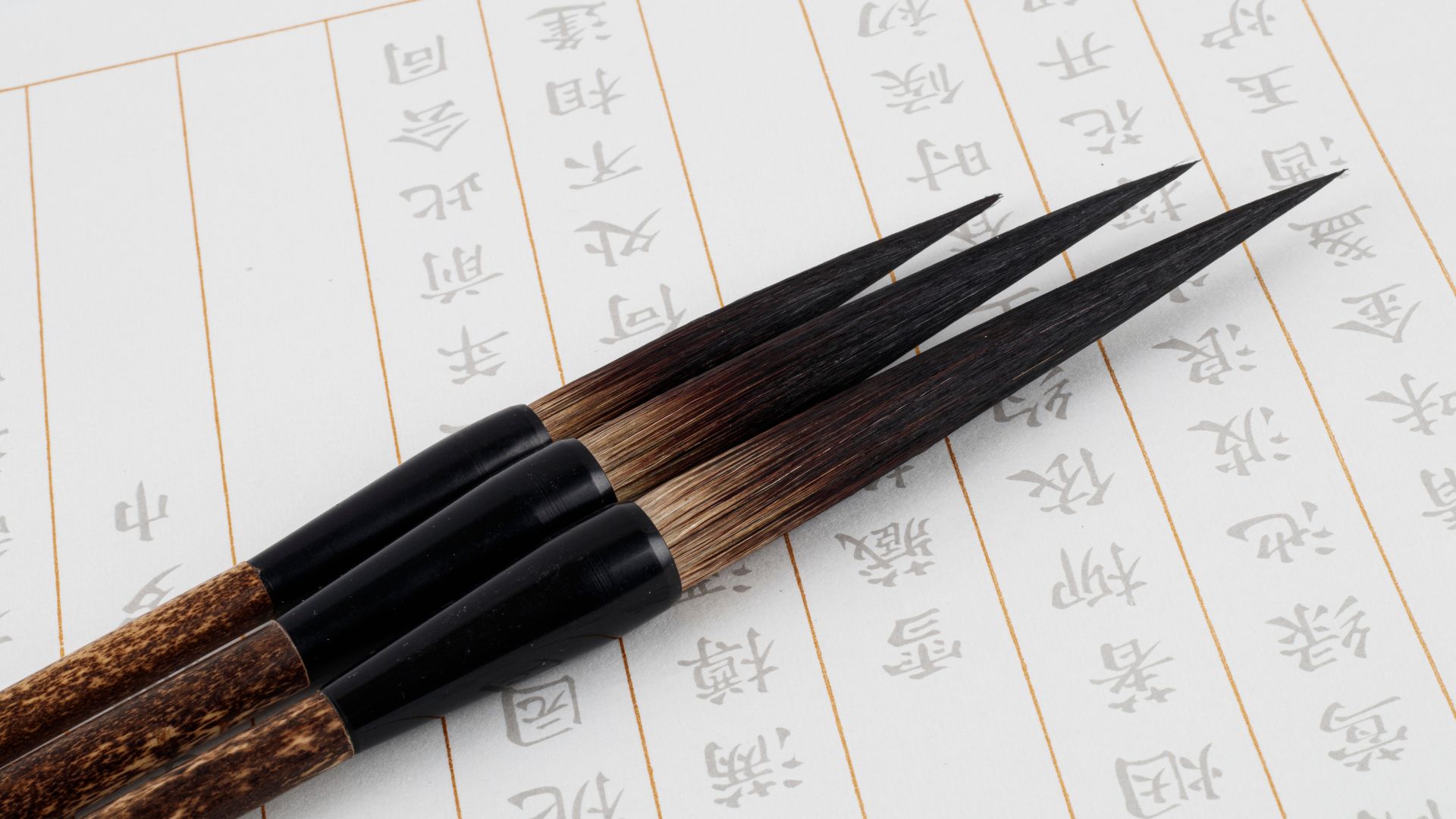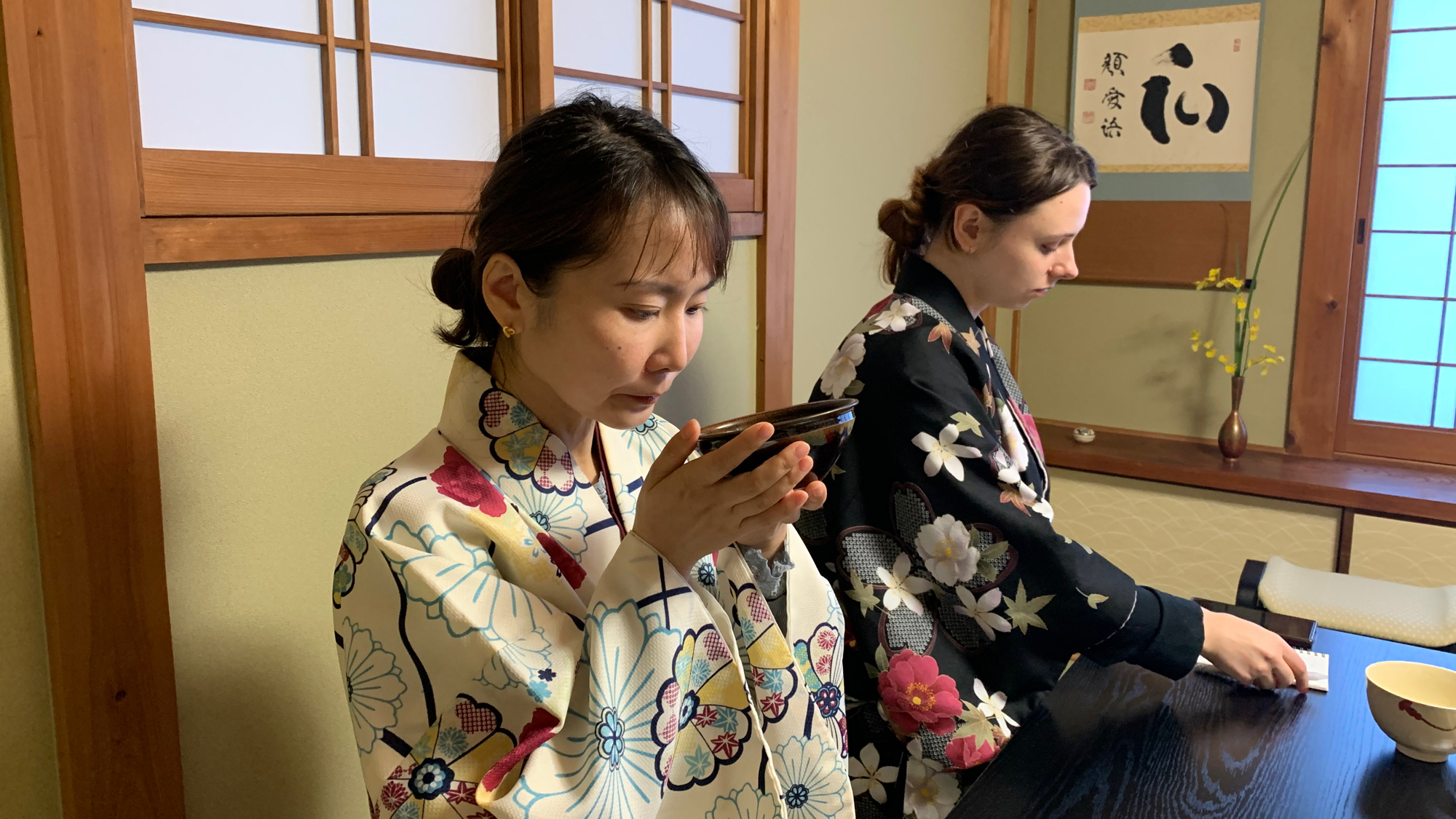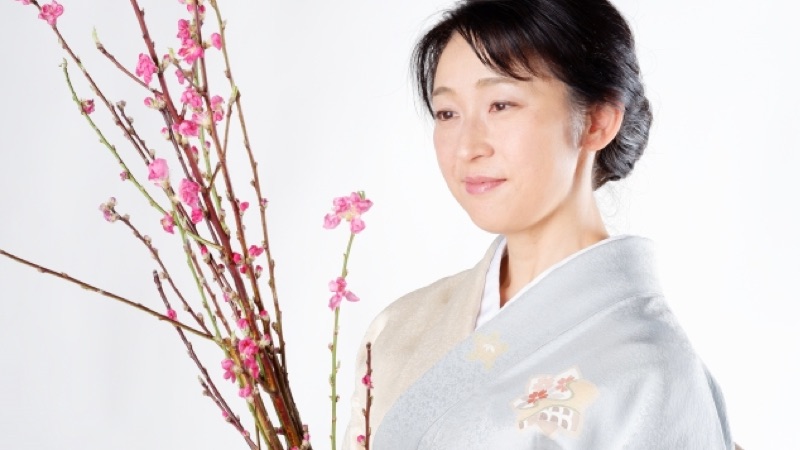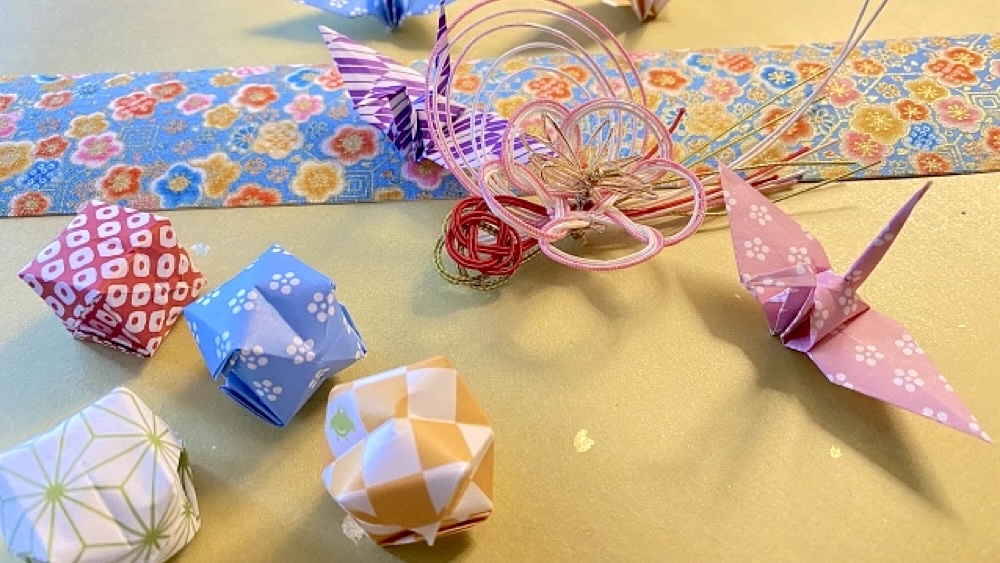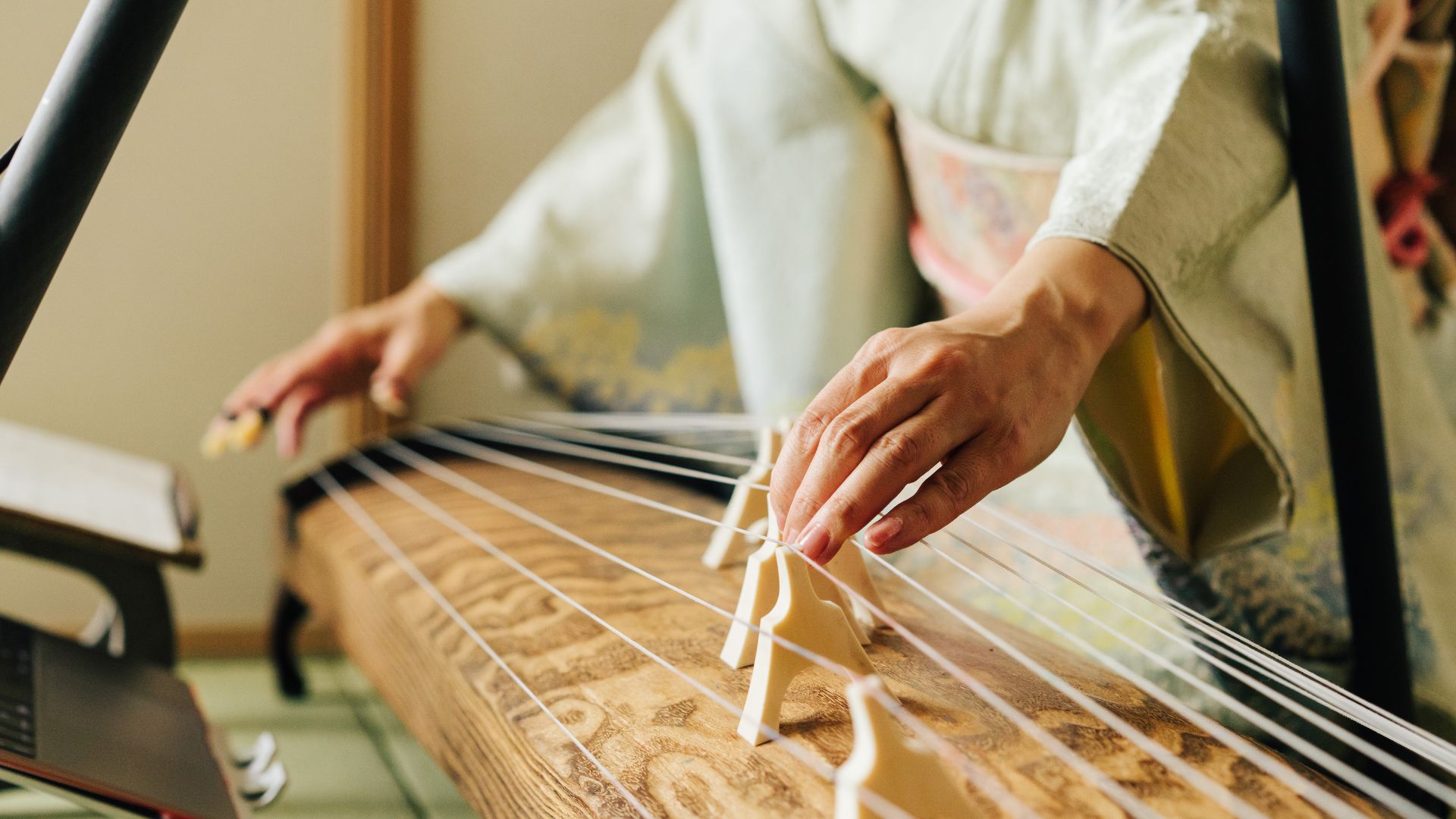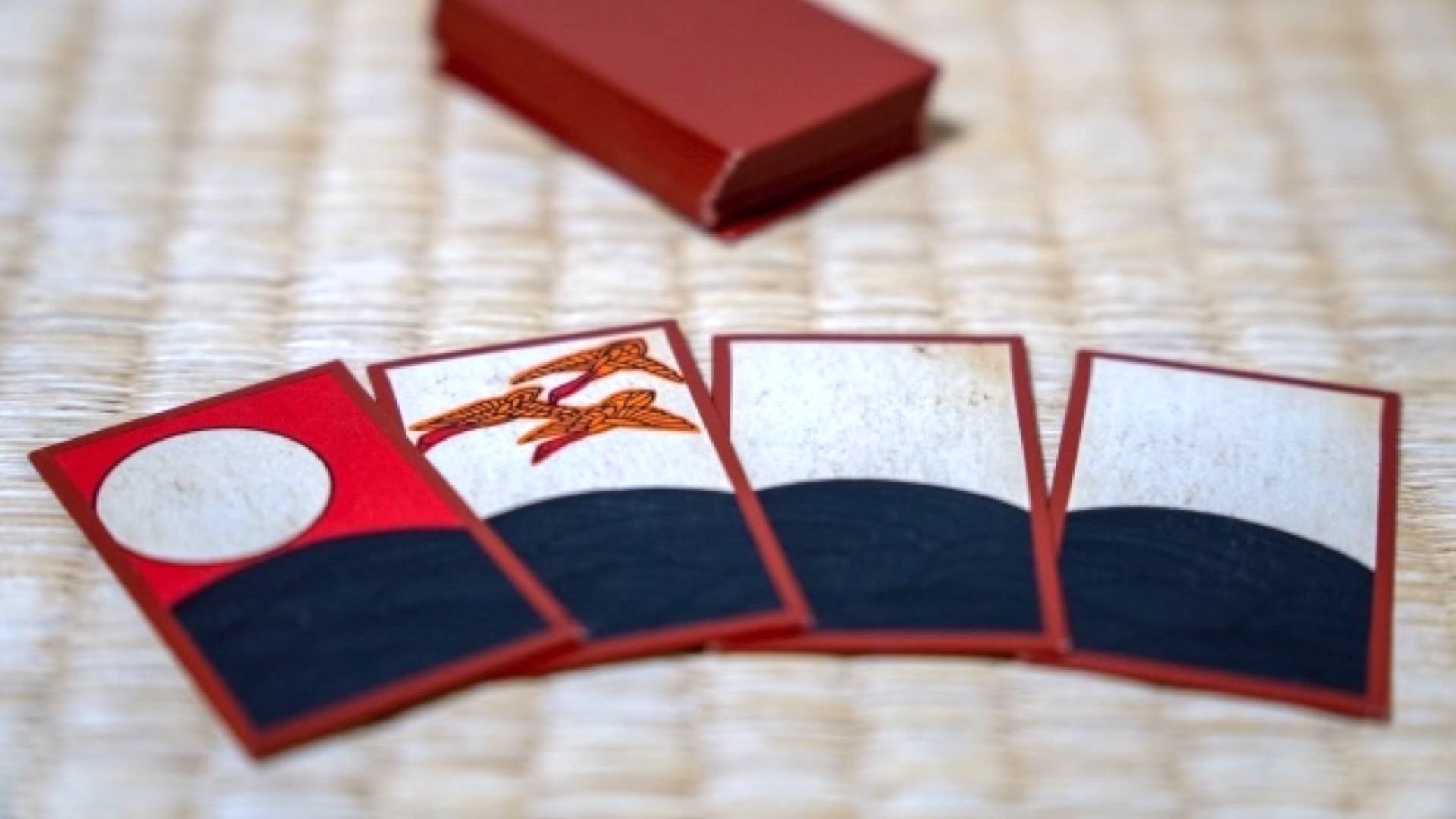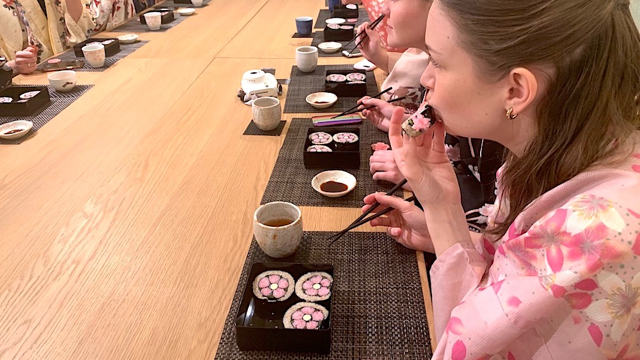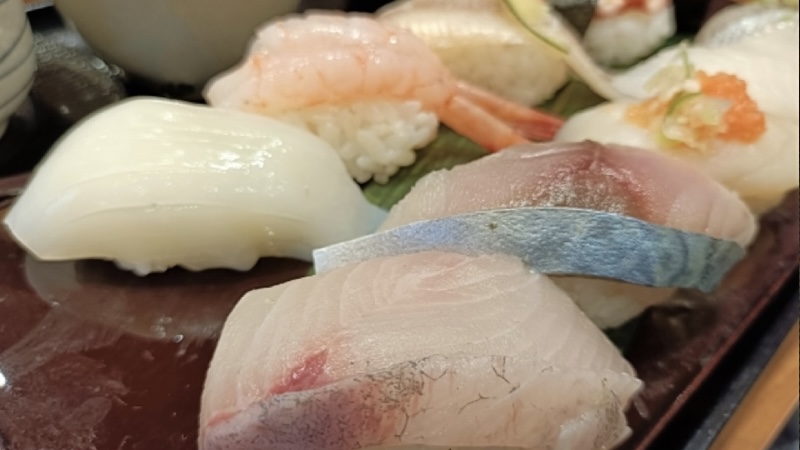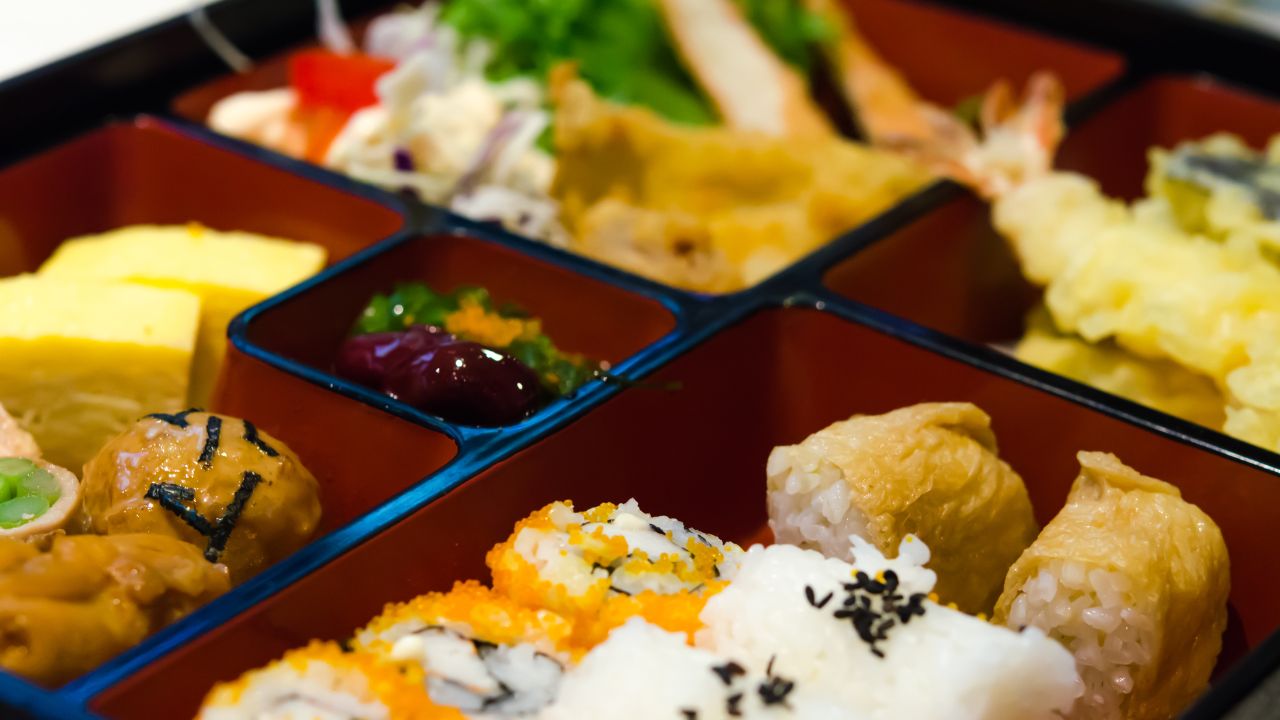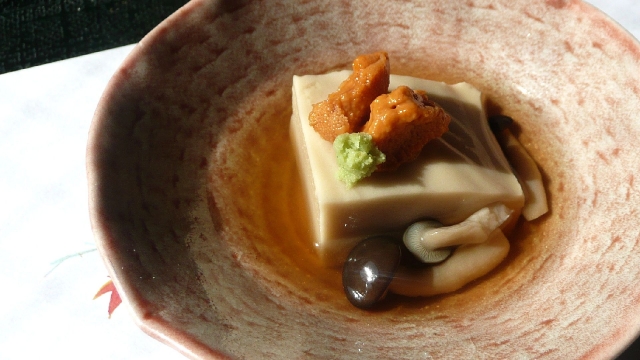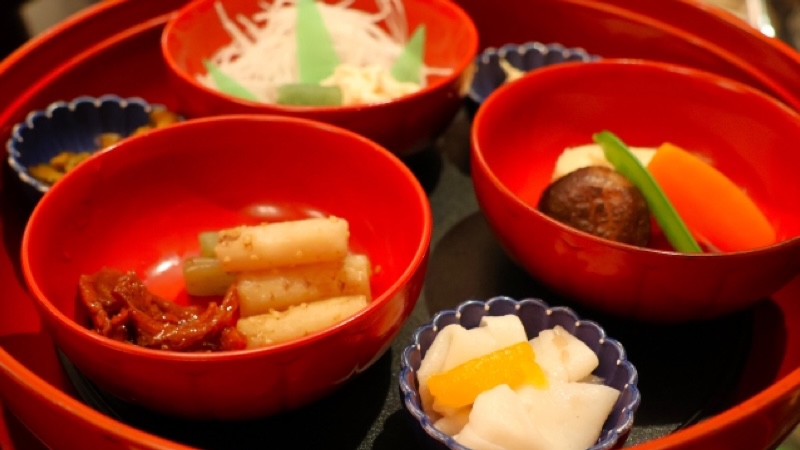Japanese Calligraphy Experience日本の書道体験
Experience Japan's Tradition"
Welcome to the Japanese Calligraphy Course!
Immerse yourself in the beauty and technique of traditional calligraphy in the scenic Ninenzaka of Kyoto.
Find peace and serenity as you dive into the beautiful world of calligraphy amid the rich atmosphere of this historic area.
We provide a supportive environment with detailed guidance for beginners, ensuring a fun and engaging learning experience.
At Kangetsu Kyoto, we offer two different calligraphy experiences, each with a unique focus.
① Kangetsu : Japanese Calligraphy Class in a 150-year-old Townhouse (Kyoto Ninenzaka) This class introduces the basics of Japanese calligraphy. Guests learn how to hold the brush, use ink, and practice simple kanji or their own name. It is ideal for beginners who want to enjoy writing and take home a finished artwork on paper.
② Kangetsu : ZEN Calligraphy Scroll Experience in a Traditional Kyoto Townhouse This is a deeper, more meditative experience. Guests learn the meaning of Zen phrases (such as Ichigo Ichie), practice calligraphy, and create a hanging scroll (kakejiku). The finished scroll can be displayed at home as a lasting memory of Kyoto.
Course Content
This calligraphy experience curriculum is designed for foreigners new to the art of Calligraphy, allowing them to enjoy and understand Japanese traditional culture.
We emphasize teaching the basics of calligraphy while sparking interest in Japanese culture.
Discover the charm of Japanese calligraphy and etch your own story with each stroke.
1. Introduction to Japanese Calligraphy and Its History
We will briefly explain the history and cultural background of calligraphy.
You'll learn about the basic concepts of calligraphy and its connection to Japanese culture.
2. Introduction to Japanese Calligraphy Tools
We will provide a detailed explanation of the essential tools used in calligraphy, including brushes, ink, ink stones, and paper.
You'll learn how to handle and maintain each tool.
3. Correct Brush Holding Techniques
You will be taught how to hold the brush correctly and how to adjust pressure.
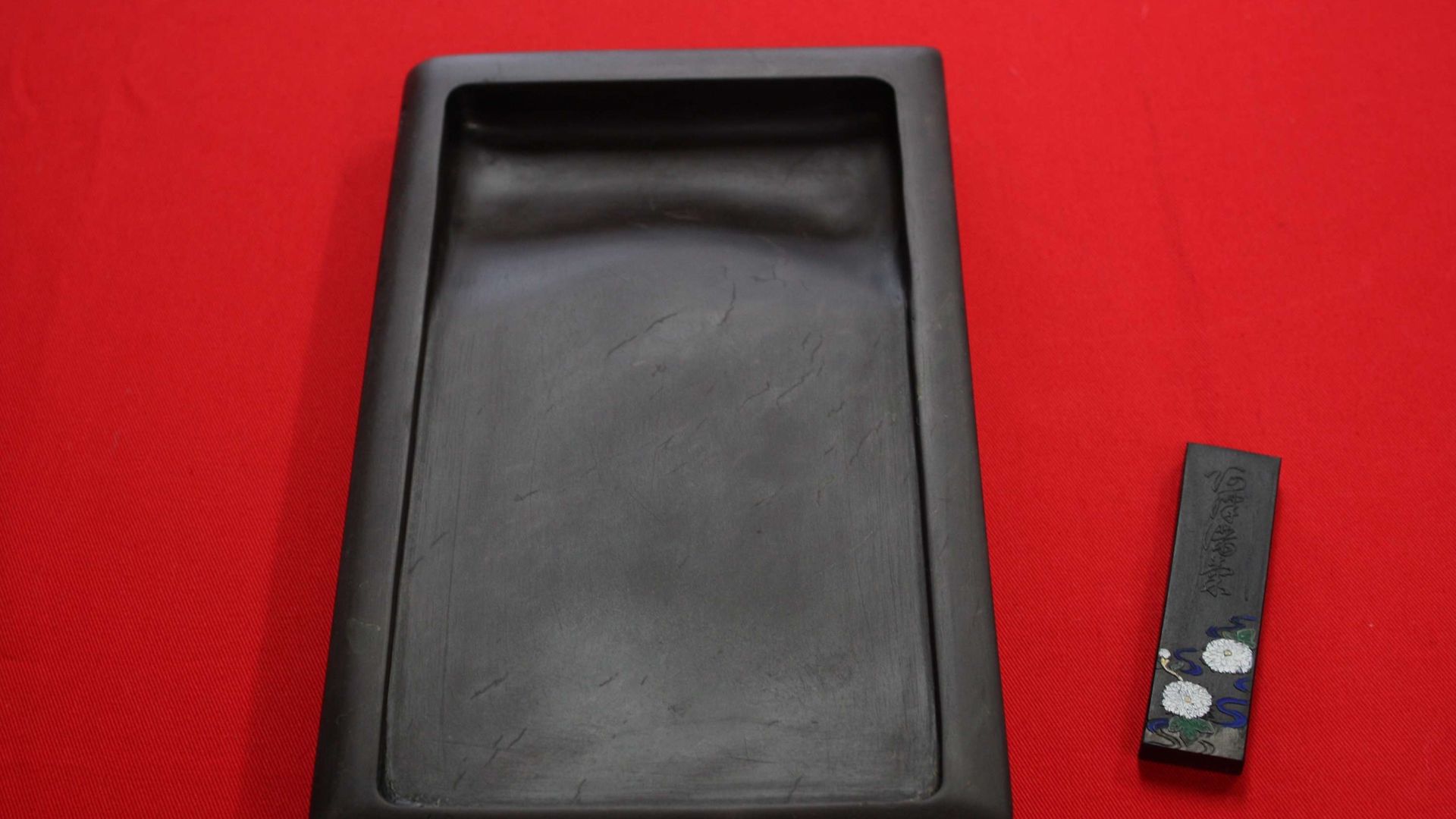
4. Grinding Ink and Making Ink Wash
Experience the process of grinding ink to create ink wash.
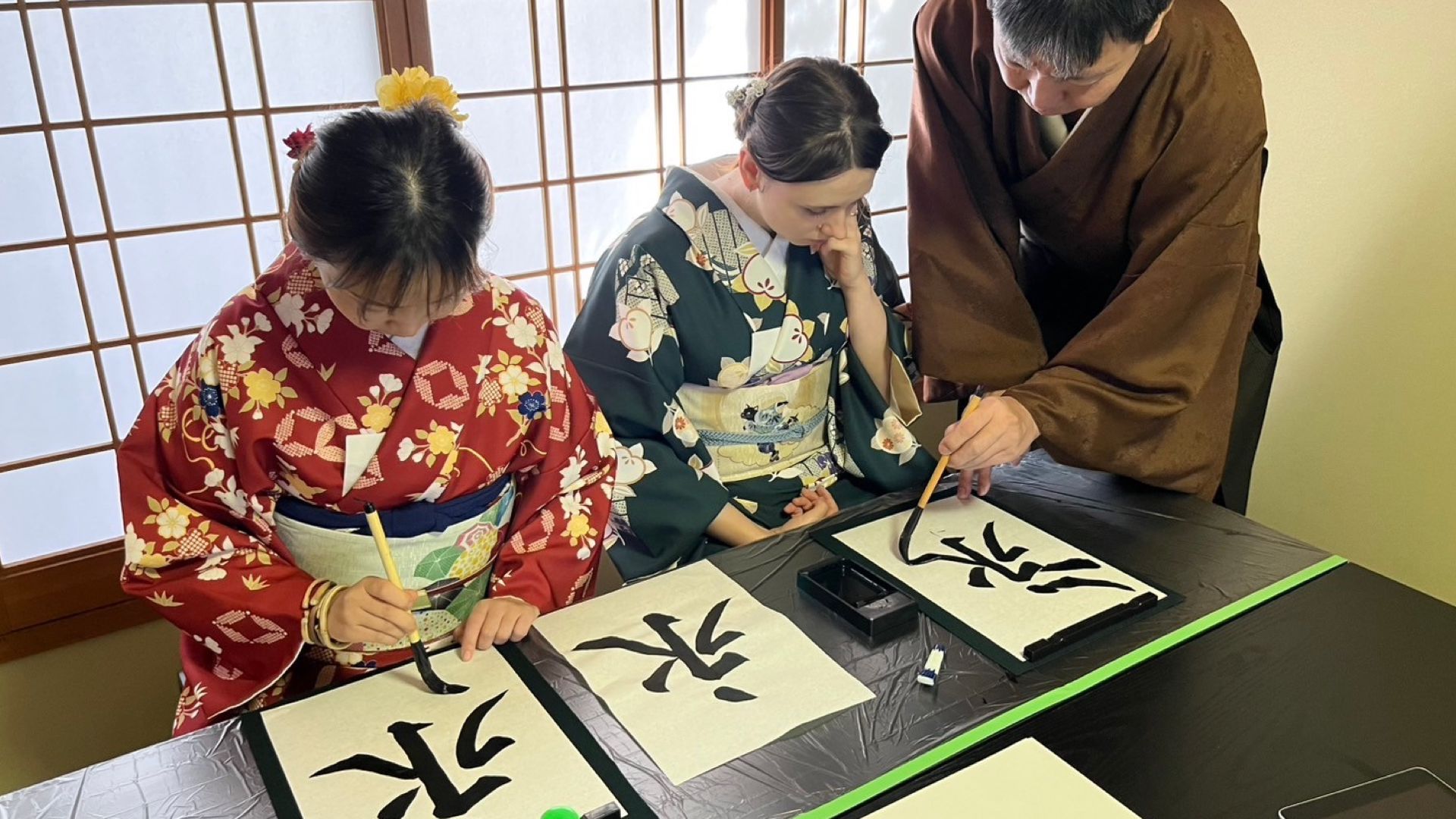
5. Practice Basic Brush Techniques
Practice fundamental brush techniques such as drawing lines, brush movements, and applying pressure. Learn basic calligraphy techniques like "ten" (dots) and "harai" (strokes).
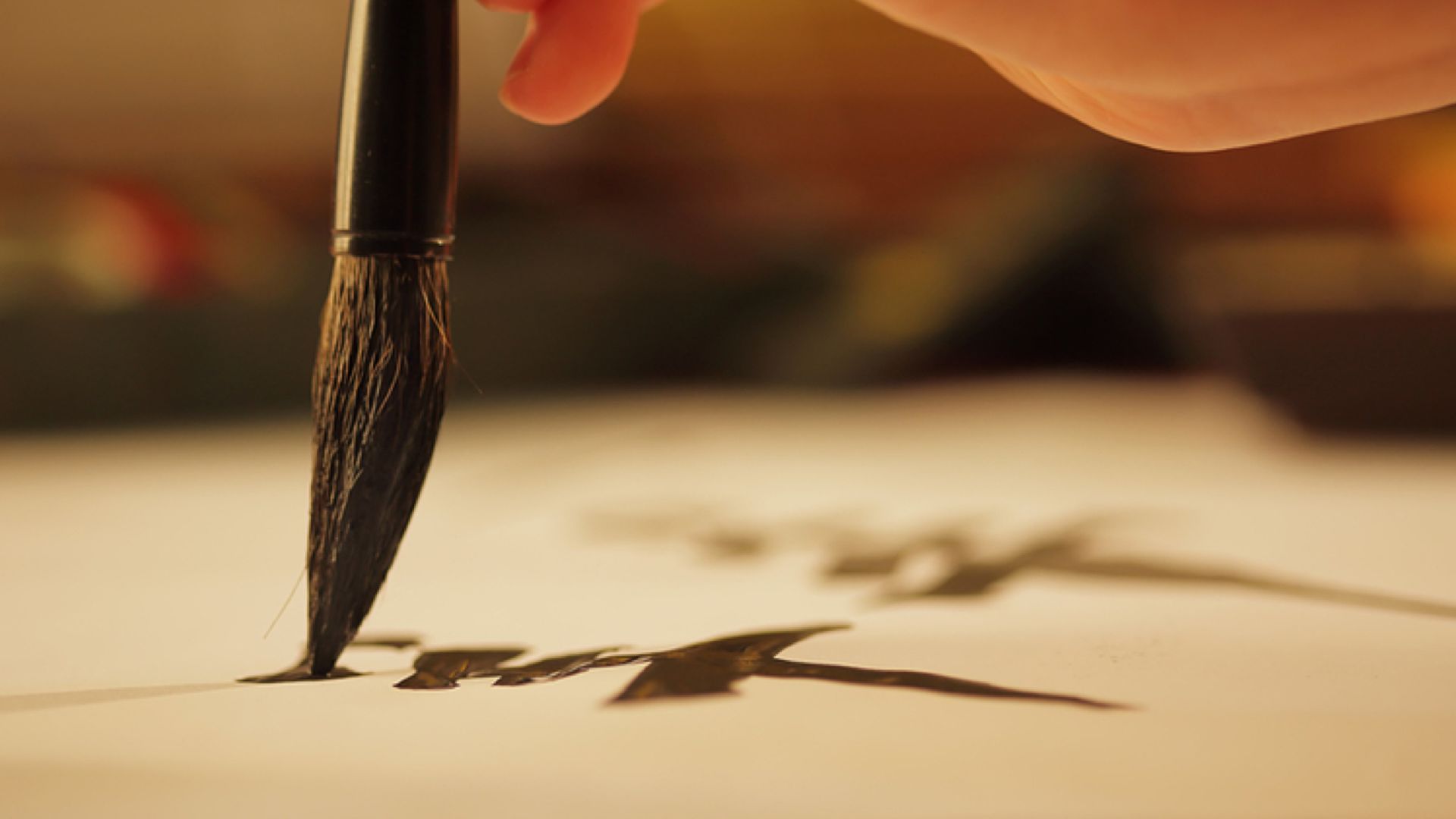
6. Writing Basic Kanji Characters
Practice writing simple kanji characters.
Learn about the balance of vertical and horizontal writing, as well as character placement.
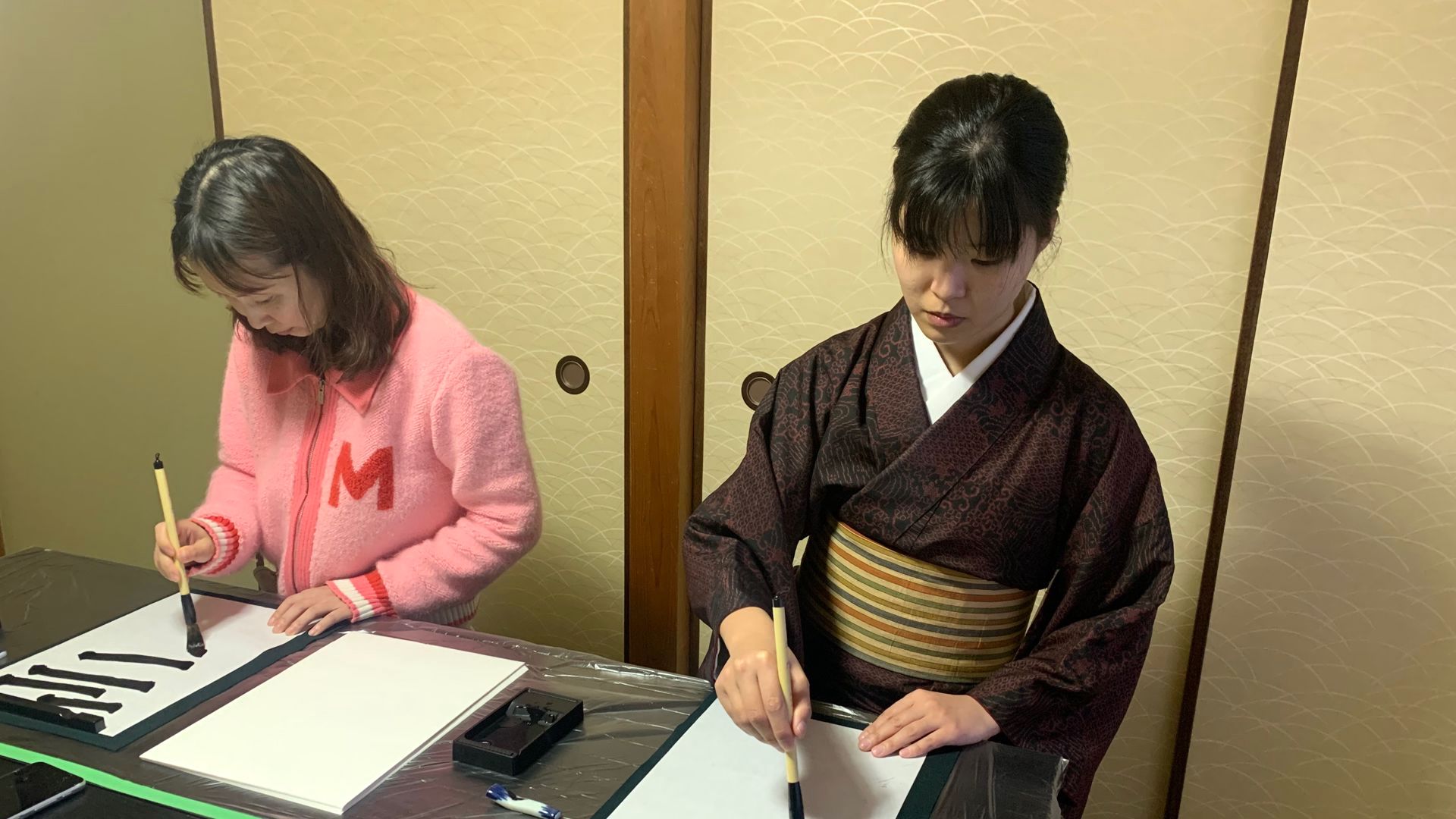
7. Create Your Own Artwork
Create pieces of art by writing your name or favorite phrases in various styles.
Through making seasonal artworks like New Year's cards or summer greetings, you'll have s chence of experience Japanese culture.
We also allocate time for you to express your feelings through a free theme.
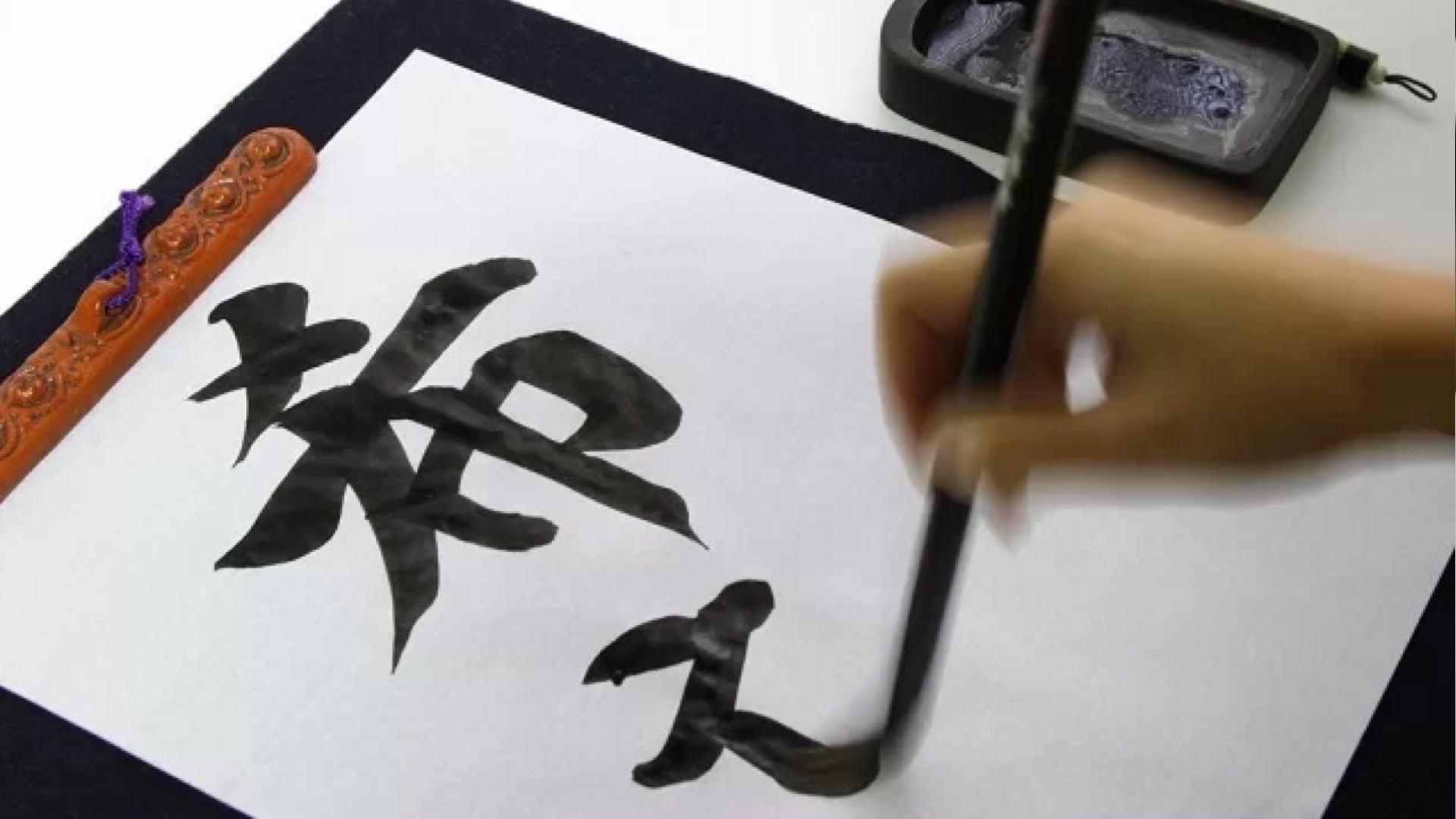
8. Deepen Your Understanding of Japanese Culture
Through creating works based on seasonal themes, you'll feel the essence of Japan's four seasons.
Incorporating the spirit of tea ceremony, we provide an experience to calm the mind through calligraphy.
We'll explain the connection between Zen philosophy and calligraphy, fostering concentration and mental stability.
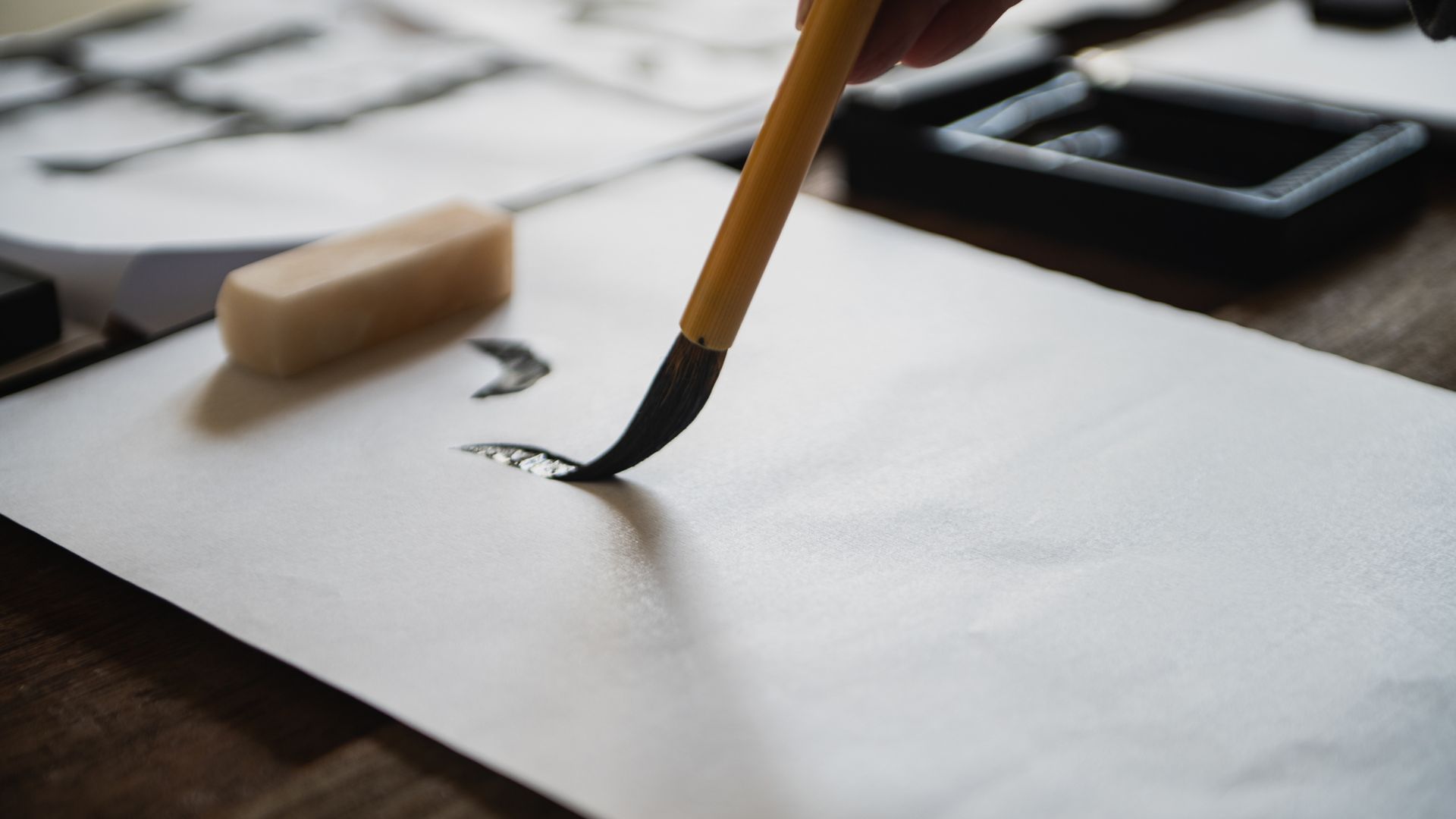
Commonalities Between Japanese Calligraphy and Zen書道と禅の共通点
The State of No-Mind
Japanese Calligraphy and Zen are essential elements of traditional Japanese culture that share a profound relationship. The spirit of Zen significantly influences the techniques and expressions found in calligraphy.
- No-Mind State
- The concept of "no-mind" (mushin) is crucial in Zen practice. It means emptying the mind and removing distractions.
In calligraphy, achieving a no-mind state while holding the brush is essential. This state of mind produces natural and powerful strokes. - Self-Exploration
- Zen is a practice of exploring one's essence.
Similarly, calligraphy is a form of self-expression that offers a valuable opportunity to reflect on oneself through the brush. - Simplicity and authenticity
- Zen aesthetics value simplicity and authenticity.
In calligraphy, works that are simple yet hold deep meaning are highly esteemed. - Zen Brush Path
- The Zen Brush Path is a unique method that combines calligraphy and Zen practice.
By using the brush in Zen training, practitioners achieve a no-mind state and facilitate self-exploration.
This practice aims not only for technical proficiency in calligraphy but also for spiritual growth. - Historical Background
- The relationship between Zen and calligraphy is ancient, particularly respected in the ink traces (bokuseki) of prominent monks from the Rinzai sect as expressions of Zen spirit.
These ink traces have been used as hanging scrolls in the tea ceremony, cherished as part of spiritual cultivation.
The connection between calligraphy and Zen carries deep significance not just in technique but also in the training of the heart. Through calligraphy, one can learn the spirit of Zen, leading to deeper self-understanding and spiritual growth.
